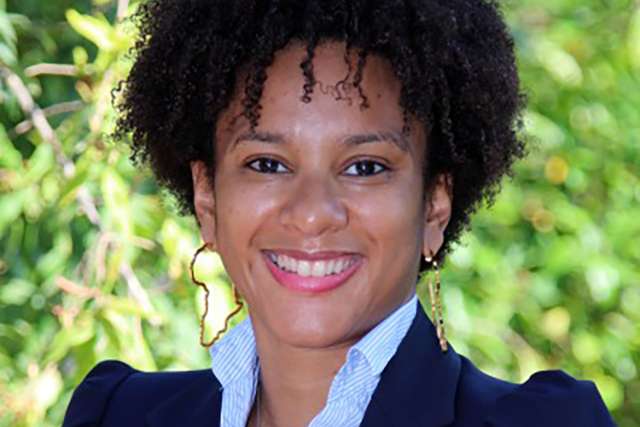
Christine Mona, PhD
Languages
Education
Degrees
Contact Information
Phone
Scientific Interests
Dr. Mona's research interests spans from chemistry and pharmacology to nuclear medicine. Her primary research topic is to evaluate the relevance of stroma-disruption using radionuclide therapy in different cancer paradigms such as pancreatic cancer, prostate cancer and sarcoma as a new therapeutic approach. The investigative strategy is to target stroma/cancer-specific proteins in murine models with radiolabeled ligands and translate the findings to clinical discoveries. Her secondary research topic is to explore rationally chosen, translatable radionuclide therapy-based combination regimens to induce synergistic anti-cancer responses.
Highlighted Publications
K Lückerath, AD Stuparu, L Wei, W Kim, CG Radu, CE Mona, J Calais, M Rettig, RE Reiter, J Czernin, R Slavik, K Herrmann, M Eiber, & WP Fendler. Detection Threshold and Reproducibility of 68Ga-PSMA11 PET/CT in a Mouse Model of Prostate Cancer. J Nucl Med.; 59(9):1392-1397, 2018
K Lückerath, L Wei, WP Fendler, S Evans-Axelsson, AD Stuparu, R Slavik, CE Mona, J Calais, M Rettig, RE Reiter, K Herrmann, CG Radu, J Czernin, & M Eiber. Preclinical evaluation of PSMA expression in response to androgen receptor blockade for theranostics in prostate cancer. EJNMMI Res.; 8(1):96, 2018
C Meyer, M Dahlbom, T Lindner, S Vauclin, CE Mona, R Slavik, U Haberkorn & J Calais. Radiation dosimetry and biodistribution of 68Ga-FAPi-46 PET imaging in cancer patients. J Nucl Med. 2019 Dec 13: jnumed.119.236786
AD Stuparu, C Meyer, S Evans-Axelsson, K Lückerath, L Wei, W Kim, S Poddar, CE Mona, M Dahlbom, M Girgis, CG Radu, J Czernin, & R Slavik. Targeted alpha therapy in a systemic mouse model of prostate cancer – a feasibility study. Theranostics. 2020; 10(6): 2612–2620
R Brouillette, É Besserer-Offroy, CE Mona, M Chartier, S Lavenus, M Sousbie, K Belleville, JM Longpré, É Marsault, M Grandbois & P Sarret. Cell-penetrating pepducins targeting the neurotensin type 1 relieve pain. Pharmacological research. 2020; 155C:104750

